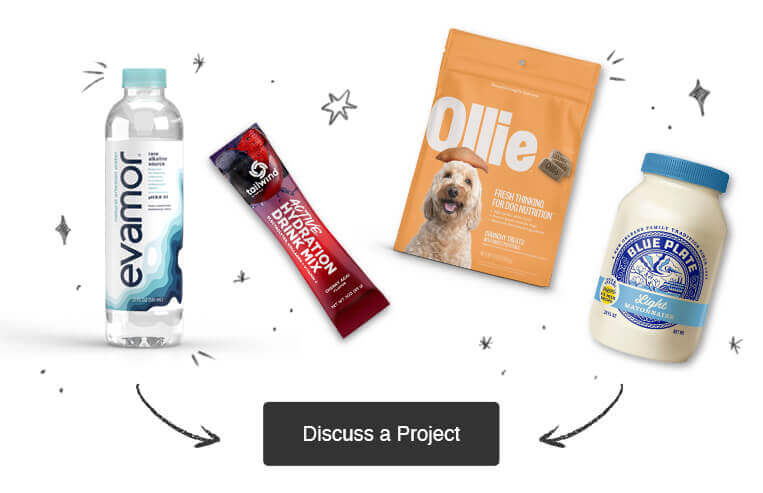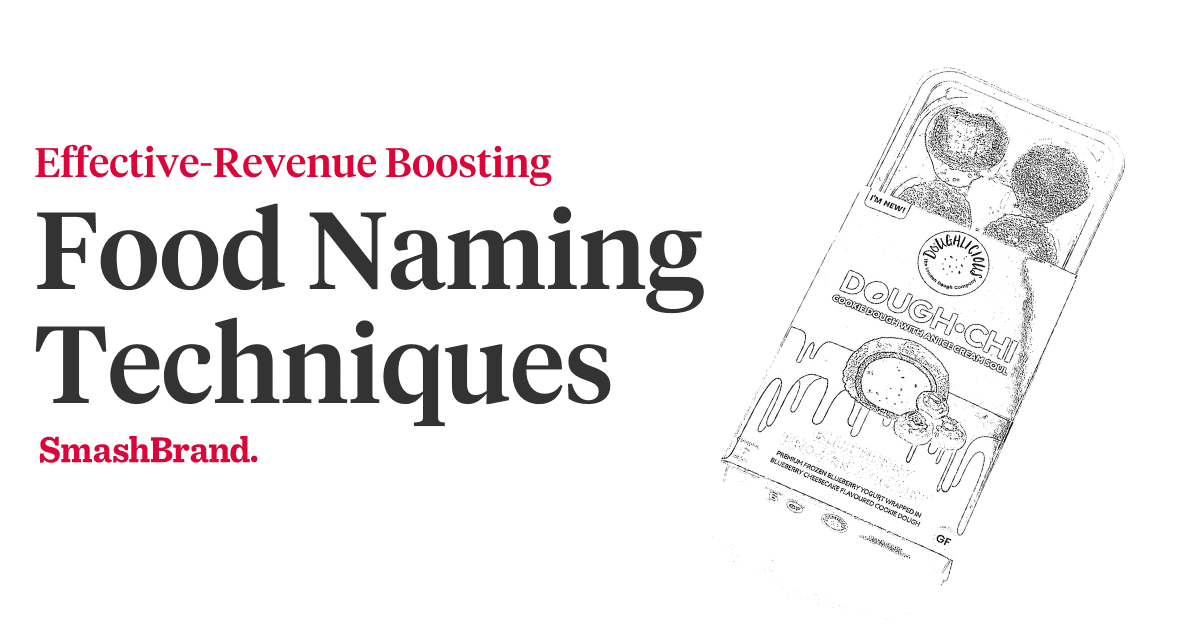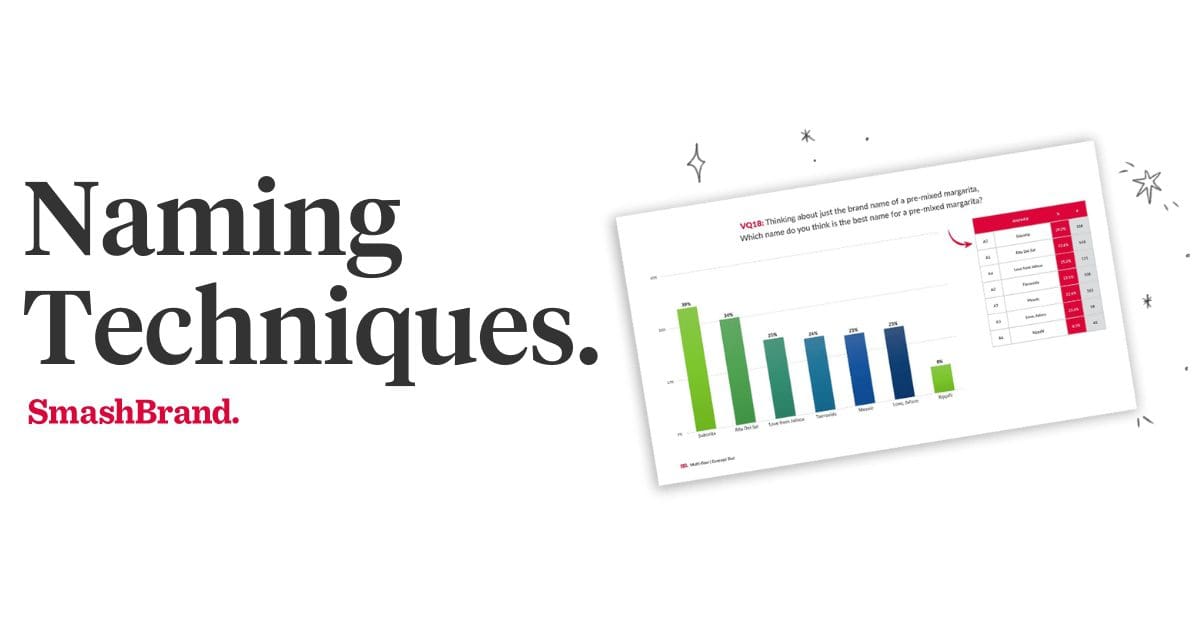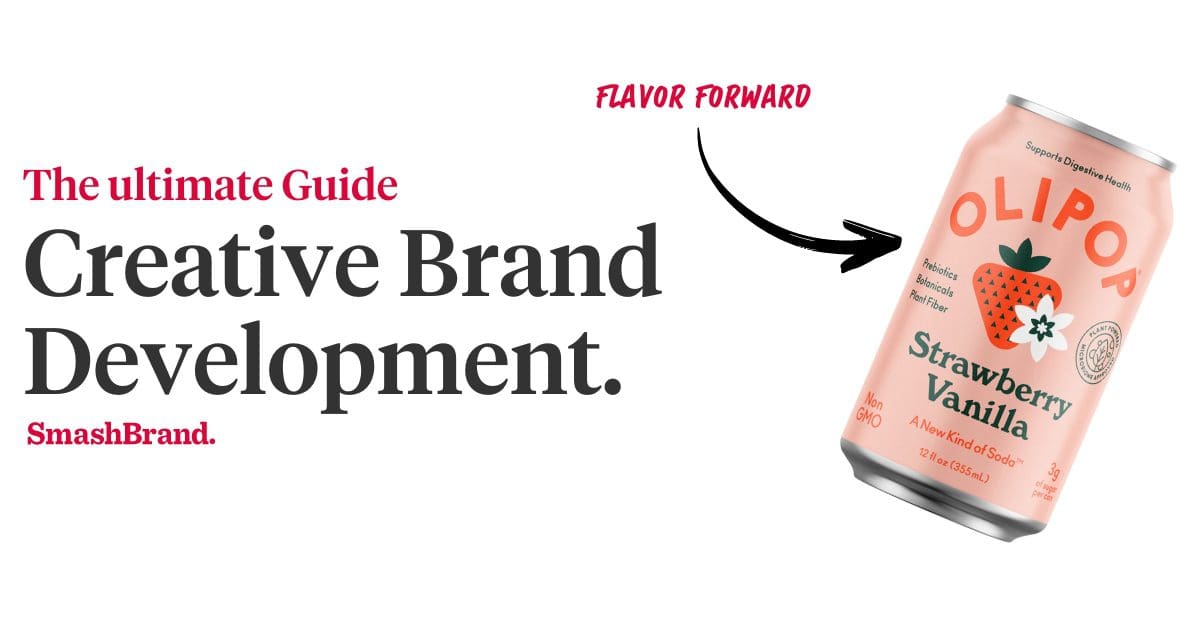Listen to This Article

Your brand’s culture is what makes it unique, but is it human enough? Can making it more human bring more appeal? We look into the realities of brand marketing and how they affect your target market.
Brand marketing is evolving. In the past, corporate moguls measured success by how standardized and cheaply they could get products into our hands. They demanded a streamlined process, logical flow charts, customer service scripts, and automated responses that were designed to maximize efficiency and save on the bottom line.
That mindset was well and good for the ticker tape watchers on Wall Street, but the marketing world of today is a different story. These days, consumers rightfully ask for more from their businesses, and those unwilling to adapt may find themselves left behind.
Get your Hands on the SmashReport!
And enter to win a FREE brand diagnosis worth $20,000.
*The SmashReport is a monthly newsletter for FMCG and CPG brands, helping them stand out in the competitive retail marketplace.
A New Order
We live in an age of consumer options. Online shopping overlords such as Amazon and Ebay streamline this process. With the power of the Internet, consumers no longer have silly limitations—such as being on the other side of the globe—when purchasing products. We can get what we want, from wherever we want, and cheaper than ever before. With all of the options in the world available to us, how could we possibly decide on one brand over another?
The marketing game is at the mercy of a new world order: customer loyalty! With competitive pricing and global delivery options, many brands can’t match the savings provided by their competitors. The hidden X factor that allows brands to set themselves apart and compete on a global level is to create a brand culture with which their customers identify.
We don’t want to simply interact with a faceless business and purchase a product; we want to engage with a company with which we feel a connection. This is a tall order for those of us who shop online, to be sure. While it’s easier said than done, it’s up to the brands to market to us and prove why one is preferable to another.
Creating Brand Culture
So, with this in mind, how do brands shake off the traditional business models and make the switch to something more consumer friendly? The answer may lie in the twin marketing pillars of brand culture and customer loyalty.
Brand culture comprises all of the features that make a brand unique. This is also known as the “personality” of the company; it’s an experience offered by the brand that is relatable to people and the human experience. This humanization of a brand is what gives consumers an emotional connection to a brand and involves them beyond the basic transaction.
The casual dining chain Chipotle has this down to a T: it publicly pledges its commitment to organic, free-range products; it provides information on the history of its company and how it began; and it encourages consumer engagement by providing customer-submitted stories on take-out bags.
All of these factors go into creating a strong brand culture. Without advertising its products or trying to make a sale, it invites its consumers to learn about the business and engage on multiple levels. This creates a dialogue that customers can enjoy and benefit from and certainly brings more traffic to the business.
This is the essence of brand culture: creation of an identity that makes a brand unique and gives consumers a reason to choose it over its competitors. This identity is essential if you want your customers to view your brand as more than a faceless entity; you have to let them know who you are and what you stand for.
Building Loyalty
Loyalty to a brand is a powerful tool for marketing a product. For consumers, loyalty means driving to a grocery store that’s farther away because it carries the products that other brands can’t match. It can be the difference between consumers who merely enjoy a product and consumers who refuse to do without it. Anyone who remembers the backlash after the fateful release of New Coke needs no further explanation about the importance of customer loyalty to a product.
Strong identification with a brand’s culture can be a big factor in building loyalty. A brand that provides a quality product along with customer engagement may find that it has created fearless evangelists who rave about products to their friends and show off the products on social media. Brand loyalty is all about consumers who advertise for you; it’s music to the ears of any marketing consultant.
Brand identity and customer loyalty are two critical aspects needed to humanize your brand. It’s all about building connections with your consumers and letting them know you’re interested in their well-being and not just what’s in their wallets.





